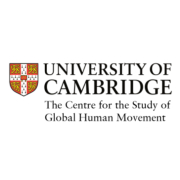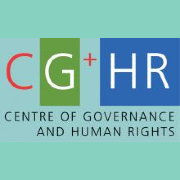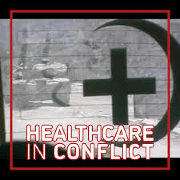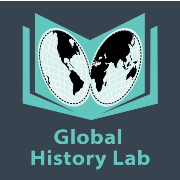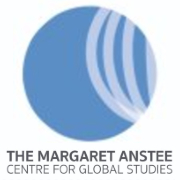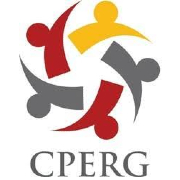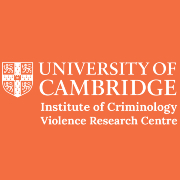At the heart of creating change and meaningful impact, the University of Cambridge brings together world-leading research and dynamic collaborative communities across its Schools and Departments working on conflict and resolution. These cross and overlap all 17 Sustainable Development Goals (SDGs). The Cambridge Global Challenges IRC aims to network researchers within the theme of conflict and facilitate a space for open research conversations.
|
Research for Equitable Access and Learning Centre (REAL Centre) The REAL Centre pioneers research into overcoming barriers to education, such as poverty, gender, ethnicity, language and disability, and promotes education as an engine for inclusive growth and sustainable development.
|
Study of Global Human Movement The Centre for the Study of Global Human Movement, an interdisciplinary research centre has over 80 academic members and 50 doctoral students, representing five of the University of Cambridge schools and 20 departments and institutes. The collective research expertise includes borders, digitalisation, displacement, education, emergencies, livelihoods, health, hospitality, languages, literature, migrants, refugees, shelter, smuggling and trafficking as well as technologies. The Centre hosts the annual Refugee Week |
Centre of Governance and Human Rights (CGHR) As a multi-disciplinary research endeavour, CGHR is committed to advancing thought and practice within areas of critical importance to global justice and human well-being. The Centre has a range of academics with expertise in regional politics (Africa, the Middle East, Asia and Latin America), human rights, comparative law, international studies, security studies, anthropology, geography, international development, history and political thought. |
Healthcare in Conflict at CRASSH As an interdisciplinary research and practitioner network focused on healthcare within conflict settings. It aims to connect researchers, academics, practitioners, and students to foster collaboration and address the challenges of providing healthcare in conflict zones.
|
Global History Lab (GHL) The GHL is a platform for learning, skill development and collaboration in the creation of new narratives across global divides. The program enlists universities and Non-Governmental Organisations to engage in a new model of global education through peer-to-peer exchanges. It integrates displaced peoples and refugees into its network. It promotes human capabilities of understanding by developing narrative voices and listening skills between strangers.
|
The Margaret Anstee Centre for Global Studies The Centre's primary focus is to support research related to the Global South, providing a platform for associated research initiatives within and beyond Newnham College. It also serves as a supportive forum for graduate students at the College working on various aspects of international change, politics, and development
|
Cambridge Emergency and Displacement Group (CEDG) The CEDG brings together existing research groups, projects and individuals working on displacement, emergency relief on refugee camps and holding centres globally - particularly, though not exclusively in the Global South. It draws on extensive research and academic experiences, graduates working with displaced, migrant and refugee communities and international humanitarian organisations and government agencies. |
Cambridge Peace and Education Research Group (CPERG) The CPERG engages research students and faculty members at the University of Cambridge to collaborate on projects exploring the relationships between conflict, peace, and education, in the UK and internationally. It aims to stimulate connections amongst theory, research and practice, and is officially affiliated with the Knowledge, Power, and Politics research cluster at the Faculty of Education, University of Cambridge. |
|
Violence Research Centre (VRC) Based at the Institute of Criminology, University of Cambridge, the Centre aim is to conduct rigorous interdisciplinary research on the causes, prevention and consequences of interpersonal violence in a variety of settings. Its work includes mental health and aggression, bullying and bullying prevention, organised crime violence, vigilante violence, policing, violence prevention programmes and evaluation – with a particular focus on Lower and Middle-Income Countries. |



